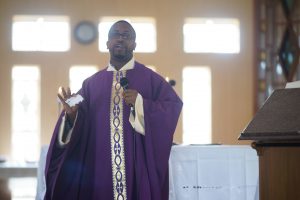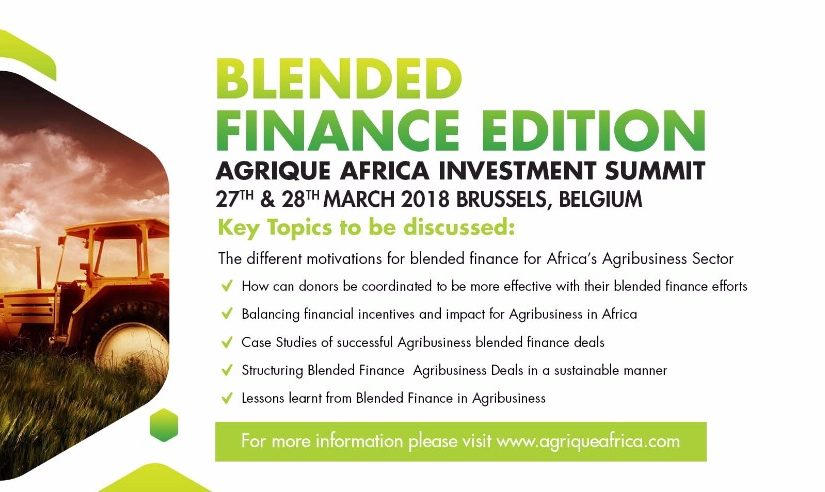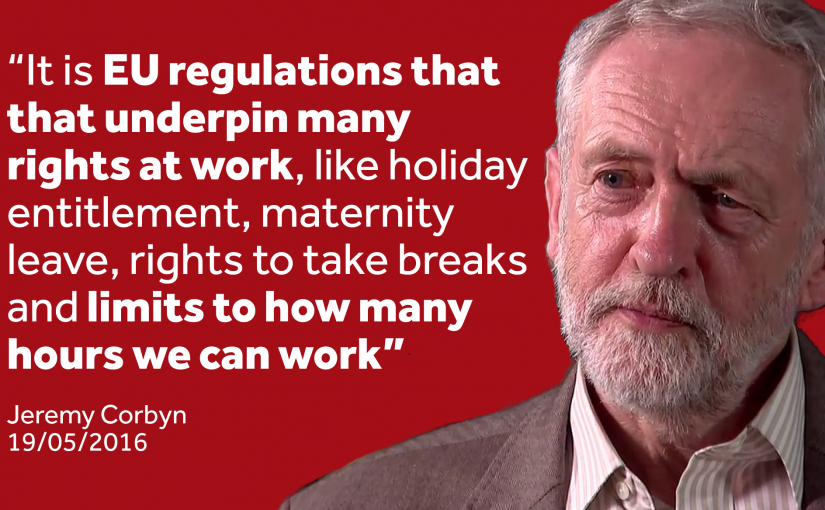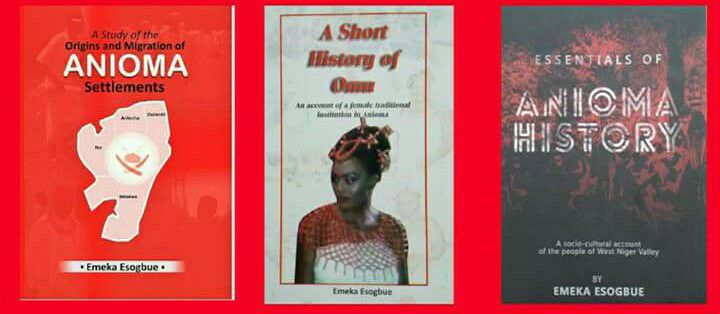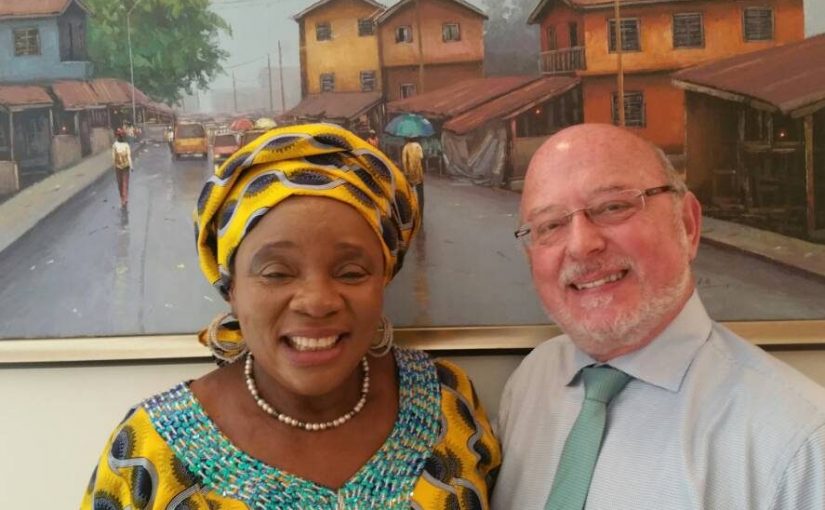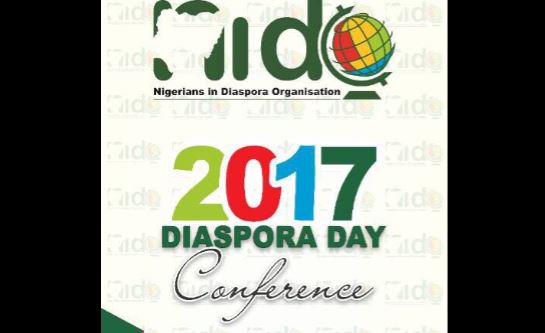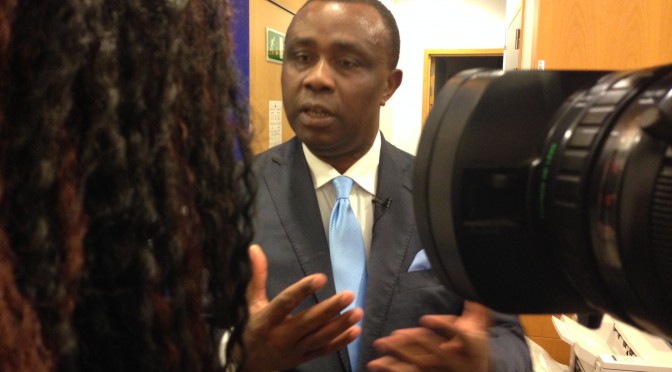There are lots to be read into the recent report by the Fiscal Responsibility Commission on the debt profile of various state governments in 2016. According to the Punch of March 20 2018, which reported extensively on the report, the debt profiles of about 18 states exceeded their gross and net revenues by more than 200 per cent.
The paper quoted the FRC as saying that the debt may have increased by 2017 since “there was no effort by the states to clear them”. It also quoted the FRC as saying that the development was contrary to the guidelines of the Debt Management Office on debt sustainability, which recommends that the debt status of each state should not exceed 50 per cent of the statutory revenue in the previous 12 months.
“In the light of the DMO’s guidelines on the Debt Management Framework, specifically, sections 222 to 273 of the Investment and Securities Act, 2007 pertaining to debt sustainability, according to the guidelines, the debt to income ratio of states should not exceed 50 per cent of the statutory revenue for the preceding 12 months,” the FRC was quoted as saying.
Analysis of the FRC report (which was based on the debt profile of the states as of December 31, 2016) showed that most of the states of the federation flouted the regulation as they exceeded their debt to revenue ratio by more than 100 per cent. According to the report, the worst offenders were Lagos (670.42 per cent), Osun (539.25 per cent), Cross River (486.49 per cent), Plateau (342.01 per cent), Oyo (339.56 per cent), Ekiti (339.34 per cent), Ogun (329.47 per cent), Kaduna (297.26 per cent) and Imo (292.82 per cent). Others were Edo (270.8 per cent), Adamawa (261.96 per cent), Delta (259.63 per cent), Bauchi (250.75 per cent), Nasarawa (250.36 per cent), Kogi (221.92 per cent), Enugu (207.49 per cent), Zamfara (204.91 per cent), and Kano (202.61 per cent).
According to the report, the debt to net revenue of the states puts some of the states in even more precarious situation. For instance while the debt to net revenue of Lagos State is a whopping 930.96 per cent that of Cross Rivers State is 940.64 per cent.
The report found that the only states whose debts did not exceed the recommended 50 per cent ratio by more than 100 per cent were Anambra, Borno, Jigawa, Kebbi, Sokoto, Yobe and the Federal Capital Territory.
Several extrapolations could be made from the above set of frightening figures:
One, the amount of revenue accruing to a state has no relationship with its debt profile. For instance Lagos State which has the highest debt to gross revenue ratio of 670.42 per cent (and debt to net revenue of 930.96 per cent), is one of the highest receivers of funds from the Federation Account. It has also one of the best internally generated revenue profiles (thanks in part to the location of prime businesses there).
In September 2017 for instance, it received from the Federation Account N8.8bn, compared to say Borno and Anambra which received less than half of what it got from the Federation Account alone during the period and yet stayed within the recommended 50 per cent to revenue ratio. Remarkably none of the top receivers of funds from the Federation Account – Akwa Ibom, Delta, Rivers, Bayelsa, Kano and Kaduna States – made it in the ‘honours’ list.
In fact the states whose debt did not exceed the recommended 50 per cent ratio by more than 100 per cent according to FRC received the following sums in September 2017 from the Federation Account (I am using a random month and year for which data on what was received by all the states are available): Anambra (N4.3bn), Borno (N4.9bn), Jigawa, (N4.67) Kebbi (N4.26), Sokoto (N4.1bn), Yobe (N4.15bn).
In contrast, the top receivers of funds, which did not make the ‘honours’ list received the following sums during the period: Delta (N14.2), Akwa Ibom (N12.94bn), Rivers (N12.45bn), Kano (N6.8bn) and Kaduna (N5.4bn). In the same vein, Osun, which is the poorest state in the country in terms of sums received from the Federation Account, (it got only N1.6bn during the period) was not listed among the states with the highest debt to gross revenue ratios. One of the conclusions from this would be the wise words of Benjamin Franklin, one of the founding fathers of the USA: “Money never made a man happy yet, nor will it. The more a man has, the more he wants. Instead of filling a vacuum, it makes one.”
Two, a survey published in May 2017 by BudGIT, (a civic organisation founded in 2011to simplify the budget and matters of public spending for citizens), found that most states, including some top receivers of funds from the Federation Account and many heavily indebted states, owed workers arrears in salary and pension payments. Among the States which it found were not owing salaries were Anambra, Borno, Akwa Ibom, Cross River, Kaduna, Kano, Kebbi, Lagos, Plateau, Sokoto and Yobe.
Remarkably while rich Delta State and Bayelsa States owed upwards of six months salaries, Yobe, Kebbi and Anambra which receive less than half of what they get from the Federation Account did not owe any salary arrears. The above raises the question of whether revenues accruing to states are good indicators of the viability of states. It will seem from the above that the capacity for governance and managing resources may be better indicators of state viability than the quantum of money that flows to states.
Three, while oil money controlled by the federal government has made it the central site of the intra elite struggles for power and privileges, a commensurate attention is not paid at what happens at the state levels. In fact while the country’s democracy is in a transition mode at the federal level, it appears to be suffering from arrested development at the state levels. Just consider these: In Imo state, which was found by BudGIT to owe primary school teachers two months arrears of salary and pensioners 24 months arrears in May 2017, the government strangely found enough resources to build statutes of personalities that caught his fancy, including that of Jacob Zuma, former President of South Africa, who is now facing corruption charges in his country. The same Governor gave the ministerial slot for his state to his father-in-law and is now pushing for his son in-law to succeed him.
In Kaduna state, an otherwise smart governor had to pull down a house belonging to his political opponent. In virtually all the States, the Governors behave like monarchs rather than elected executives that are accountable to the electorate. Is there any State in the country where the State House of Assembly is not a rubber stamp of the Governor? Is it possible for a State Governor to lose a court case in the State’s High Court? Can the party of a state Governor lose Local Government elections in the State? Compared to what is happening at the state level, the federal government seems to be doing well.
Four, what the different ethnic and regional factions of the political class demand from the federal government, they often negate when it comes to their own states. For instance, while we all extol the unwritten power rotation agreement between the Northern and Southern parts of the country, will it be a crime for the politicians to respect the same principle in their states? Will it for instance be a crime for a power rotation arrangement in Benue, Kaduna, Taraba and several other states in the country so that all the key constituents of a State will have a good opportunity of producing the Governor of the State? Several states in the country need restructuring, not just the federal government.
The hullabaloo over Senators’ N13.5m monthly ‘running cost’
The recent revelation by Senator Shehu Sani (Kaduna Central) that each Senator receives the whopping sum of N13.5m as running cost – on top of N700,000 monthly consolidated salary and allowances – has led to justified anger in the land. I join in condemnation of bogus payments. But I will like also to put a caveat: several comparisons of what the Senators earn with what their counterparts earn in Europe, USA and elsewhere earn, miss the context. The truth is that the electorate in Nigeria (and virtually all parts of Africa) are manifestly different from their European and American counterparts.
For instance while the constituents of a Nigerian Senator expect him or her to attend funerals, naming ceremonies and launchings of all hues and to be among the highest donors in such events, there are no such expectations on their American and European counterparts. Nigerian Senators, like political office holders, are also expected to become cash cows and to donate handsomely wherever they go and their presence is acknowledged including in churches and mosques.
This is not a justification for any jumbo pay when most Nigerians are just trying to scrape by but to give a sense of proportion to the conversation.
Again, it is important for us to compare like-for-like. So if we are justifiably angry at what Senators take home every month, we must also know how much top members of the executive and the judiciary take home – in consolidated monthly salary and monthly ‘running cost’.
The author is Jideofor ADIBE. Email: pcjadibe@yahoo.com and Twitter: @JideoforAdibe. Originally published by Proshare Nigeria on 23 March 2018

